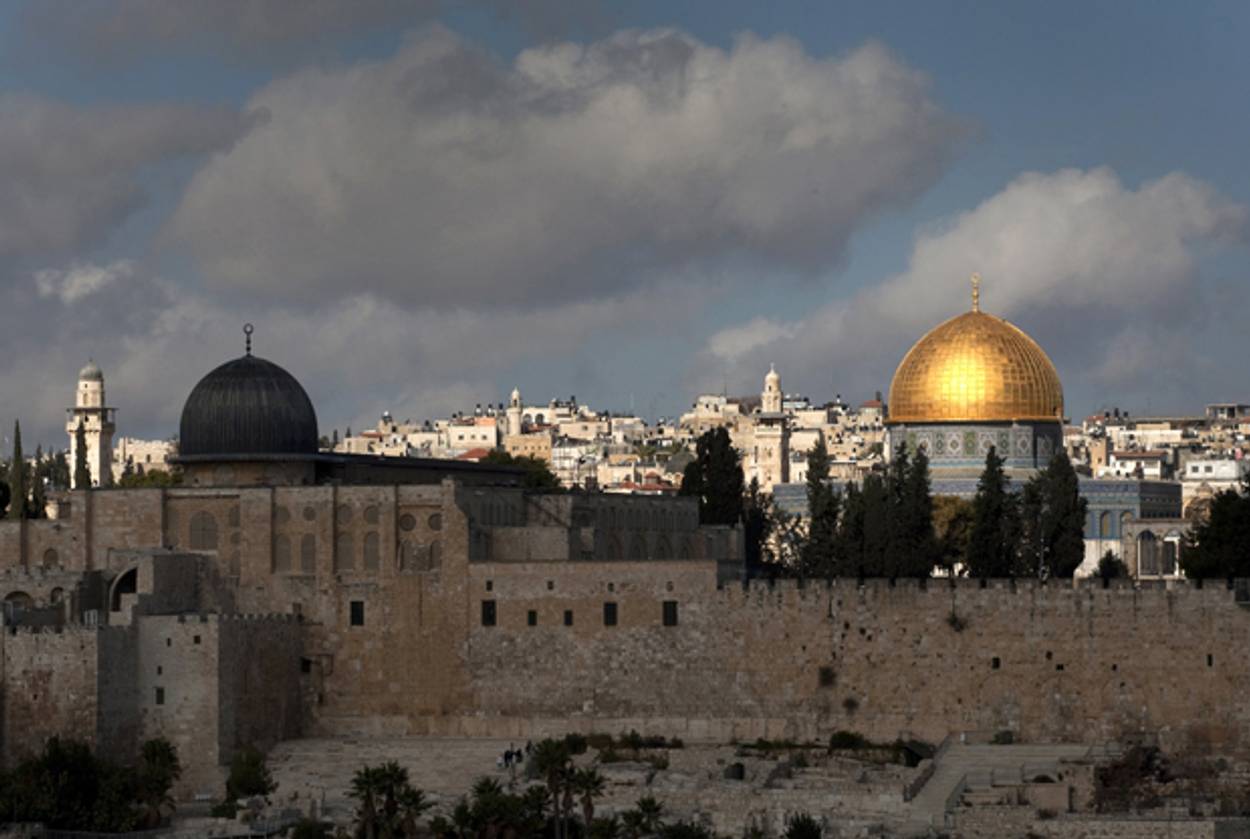To Save the Peace Process, Get Religion
The International Crisis Group makes some surprising recommendations




A new International Crisis Group report released today argues that in order to forge Israeli-Palestinian peace, negotiators must take into account the concerns of the Jewish state’s religious right, rather than exclude them from the discussion as obstacles. Many are used to thinking of Israel’s religious community–particularly its settlers–as part of the problem. But the ICG says they can–and must–be part of the solution. “If the national religious often have played the spoiler, it is no small part because their concerns have been neglected,” the report observes. “But given that they largely shaped the conflict on the ground and now are in a position to shape its future, continuing this approach could be self-defeating.”
The ICG offers some obvious and some unusual recommendations to Israel, the Palestinian leadership and the international community for integrating the religious community’s concerns into the quest for a two-state solution. They call on Palestinian leaders to publicly recognize Judaism’s historical ties to the land, and to “refrain from denying Jewish history, including the existence of the Temple, and condemn such denials when they occur from their ranks.” (Yasser Arafat famously denied the existence of the Jewish Temple in Jerusalem to Bill Clinton at Camp David, claiming Israel had no right to Judaism’s holiest site. Such pseudo-historical sentiments are anathema to religious Israelis.) On the other side of the ledger, the report presses the government of Israel to vigorously prosecute settler attacks on Palestinian places of worship, and to subject religious writings to state laws against racism and incitement, so as to prevent extremists from poisoning the prospects for peace.
Some of the ICG’s most innovative and controversial proposals concern the actual peace negotiations. The report argues that a peace deal should provide for “worship arrangements for Jews at holy sites not under Israeli sovereignty” and “the possibility of some settlements remaining, by agreement, under a sovereign State of Palestine.” This last suggestion, which would avoid the need to evacuate some settlers and enable Jews to remain on land they consider their historical birthright, is deeply divisive within the Palestinian camp, some of whom insist that all settlers be removed from a future Palestine. It would also solve many thorny issues–from drawing contiguous Palestinian borders to obviating the need to relocate thousands of resistant settlers.
Many might scoff at the notion that Israeli settlers would accept living under a Palestinian state, but as Harvard Law professor Noah Feldman noted in March, the idea is not so far-fetched. He points to Rabbi Menachem Froman, the leader of the settlement of Tekoa who passed away this year and was an ardent advocate of Palestinian statehood. “Froman was a proud and early settler, a founder of the hard-line Gush Emunim (“Bloc of the Faithful”), theologically committed to permanent Jewish settlement in what he considered historical Judea and Samaria,” Feldman writes. “But Froman also fully accepted the idea of a Palestinian state there — in which he and his fellow settlers would continue to live as minority citizens.”
For the International Crisis Group and Feldman, the key to fostering peace may lie in fostering thinking like Froman’s. As Feldman puts it, “To accept the settlements as a fait accompli that will prevent peace plays into the hands of those who would like to stop it from happening. At its best — which is also often its strangest — religious thought allows us to reimagine the world through new and different ethical lenses.”
Read the full ICG report here.
Previous: The Peace-Seeking Settler Rabbi
Yair Rosenberg is a senior writer at Tablet. Subscribe to his newsletter, listen to his music, and follow him on Twitter and Facebook.